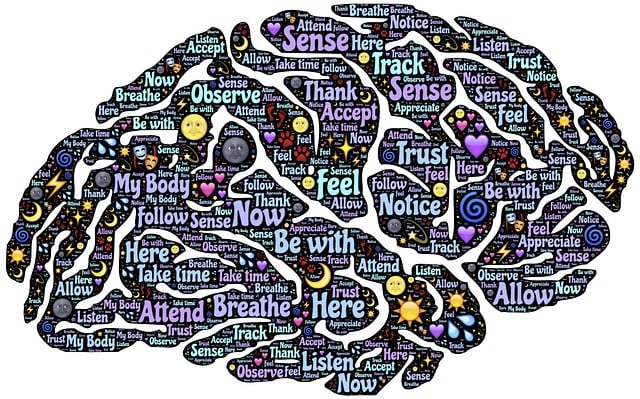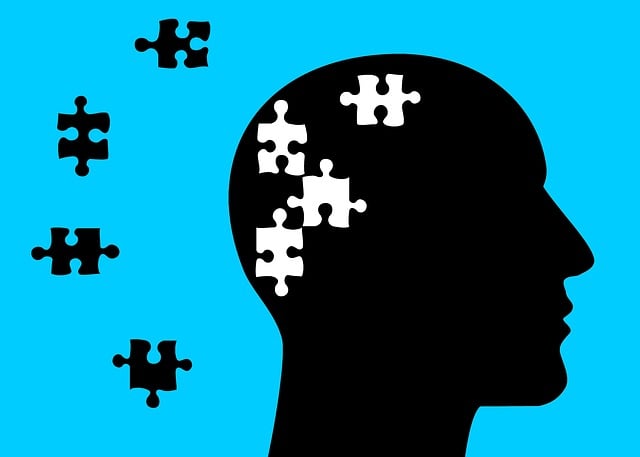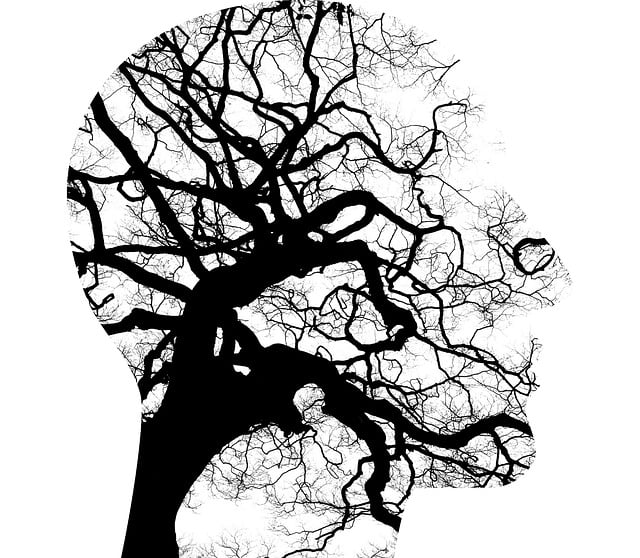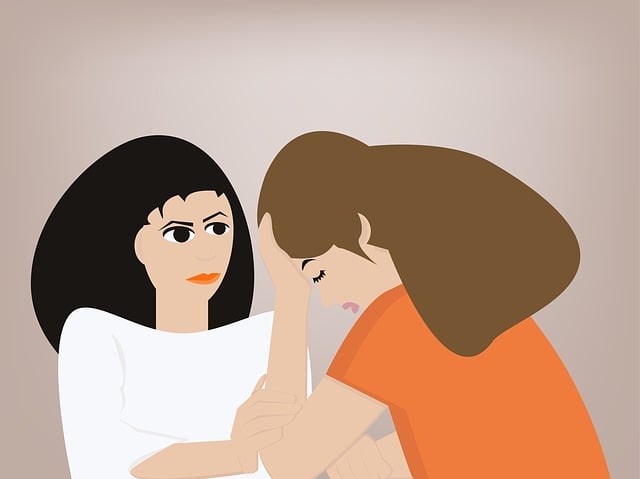Arvada Russian Speaking Therapy focuses on empowering individuals with mental health conditions, especially those facing isolation, through specialized social skills training tailored to their unique needs and cultural backgrounds. Incorporating cognitive behavioral therapy (CBT), role-playing, group discussions, and cultural competency education, the program addresses linguistic and psychological barriers, fostering emotional intelligence, coping strategies, and improved quality of life in a supportive community setting.
Social skills training plays a pivotal role in managing mental health conditions, fostering meaningful connections, and improving overall well-being. This article delves into the intricate relationship between social interactions and mental health, highlighting challenges faced by those with conditions like anxiety or depression in social settings. We explore the impact of language and cultural background on social dynamics and present effective strategies for training. Furthermore, we introduce Arvada Russian Speaking Therapy as a unique approach that addresses specific cultural needs, enhancing social interactions for individuals seeking support.
- Understanding the Importance of Social Skills for Mental Health
- Challenges Faced by Individuals with Mental Health Conditions in Social Settings
- The Role of Language and Cultural Background in Social Interaction
- Strategies and Techniques for Effective Social Skills Training
- Arvada Russian Speaking Therapy: A Unique Approach to Enhancing Social Interactions
Understanding the Importance of Social Skills for Mental Health

In today’s interconnected world, social skills play a pivotal role in maintaining and enhancing mental health, especially for individuals navigating conditions that can isolate them. At Arvada Russian Speaking Therapy, we recognize that effective communication and interpersonal connections are essential components of holistic well-being. The ability to interact with others, express emotions, and build supportive relationships is often overlooked as a crucial aspect of treatment plans. However, it’s this very social dimension that significantly contributes to emotional regulation and coping skills development.
Mental health challenges can sometimes make social interactions daunting, leading to withdrawal and further isolation. Our therapy programs aim to counteract this by teaching compassion cultivation practices tailored to individual needs. By fostering better communication and understanding, we empower our clients to build a supportive network, manage stress, and develop effective coping strategies. These skills not only improve their mental health but also enrich their overall quality of life.
Challenges Faced by Individuals with Mental Health Conditions in Social Settings

Individuals with mental health conditions often encounter significant challenges when navigating social settings. These conditions can lead to feelings of isolation and difficulty connecting with others, impacting their overall well-being. Anxiety disorders, for instance, may cause intense fear in social situations, hindering one’s ability to engage in meaningful conversations or participate in group activities. Depression can make it hard to initiate interactions and maintain relationships, leaving individuals feeling lonely and disconnected.
In the case of individuals who identify as part of diverse communities, such as those with Russian-speaking backgrounds in Arvada, accessing appropriate support becomes crucial. Language barriers and cultural differences can exacerbate social anxiety and create additional obstacles in seeking help. Therefore, specialized therapy services tailored to these specific needs are essential. Services like Arvada Russian Speaking Therapy play a vital role in promoting mental health awareness among diverse populations, offering tools for stress management and facilitating risk management planning for mental health professionals.
The Role of Language and Cultural Background in Social Interaction

Language and cultural background play a significant role in shaping social interactions, especially for individuals with mental health conditions. For instance, those identifying as part of the Russian-speaking community in Arvada may face unique challenges or benefits when navigating social settings due to their heritage. Effective social skills training should consider these nuances, incorporating cultural sensitivity into its framework. This approach ensures that therapy and support are accessible and tailored to the specific needs of diverse populations.
Understanding emotional intelligence (EI) across different cultures is crucial here. EI involves recognizing and managing one’s emotions and empathizing with others. In some cultures, expressing emotions openly might be encouraged, while in others, it may be considered more private. Mental health professionals can employ risk management planning to address these differences, fostering a safe environment for clients to build empathy and improve their social skills without compromising their cultural identity.
Strategies and Techniques for Effective Social Skills Training

Social Skills Training is a multifaceted approach that involves a range of strategies and techniques to enhance individuals’ ability to interact effectively with others. At Arvada Russian Speaking Therapy, we leverage evidence-based methods tailored to meet the unique needs of each client. Our therapists employ role-playing scenarios, group discussions, and cognitive behavioral therapy (CBT) techniques to foster better communication, emotional regulation, and understanding of social cues.
Incorporating Cultural Competency Training for healthcare providers is a key aspect of our programs. We believe that effective social skills development must consider cultural backgrounds and diverse perspectives. This includes teaching clients about unspoken cultural norms and facilitating a safe space where individuals feel empowered to share their experiences. Additionally, our Community Outreach Program Implementation aims to connect participants with local support networks, while Mental Health Education Programs Design focus on building self-awareness and coping strategies for managing social anxiety or other mental health conditions in various settings.
Arvada Russian Speaking Therapy: A Unique Approach to Enhancing Social Interactions

In Arvada Russian Speaking Therapy offers a unique and innovative approach to enhancing social interactions for individuals with mental health conditions. This specialized therapy leverages the power of language and cultural context to foster deeper connections, improve communication skills, and boost self-esteem. By combining elements of cognitive behavioral therapy with the specific linguistic needs of Russian-speaking communities, this therapeutic method addresses both cultural and psychological barriers to effective social engagement.
The program is meticulously designed to promote inner strength development through a supportive environment that encourages open dialogue and public awareness campaigns development. Participants learn to navigate social situations with greater confidence, gaining practical tools to improve their interactions in daily life. This holistic approach not only enhances their mental well-being but also empowers them to actively participate in their communities, fostering a sense of belonging and overall improved quality of life.
Social skills training, particularly tailored to address mental health conditions, plays a pivotal role in empowering individuals to navigate social settings with greater ease and confidence. By understanding the unique challenges faced by those with mental health issues, we can develop effective strategies such as Arvada Russian Speaking Therapy, which offers a unique approach to enhancing social interactions through language and cultural sensitivity. Incorporating these techniques into treatment plans can significantly improve overall well-being and foster more inclusive communities for all.














